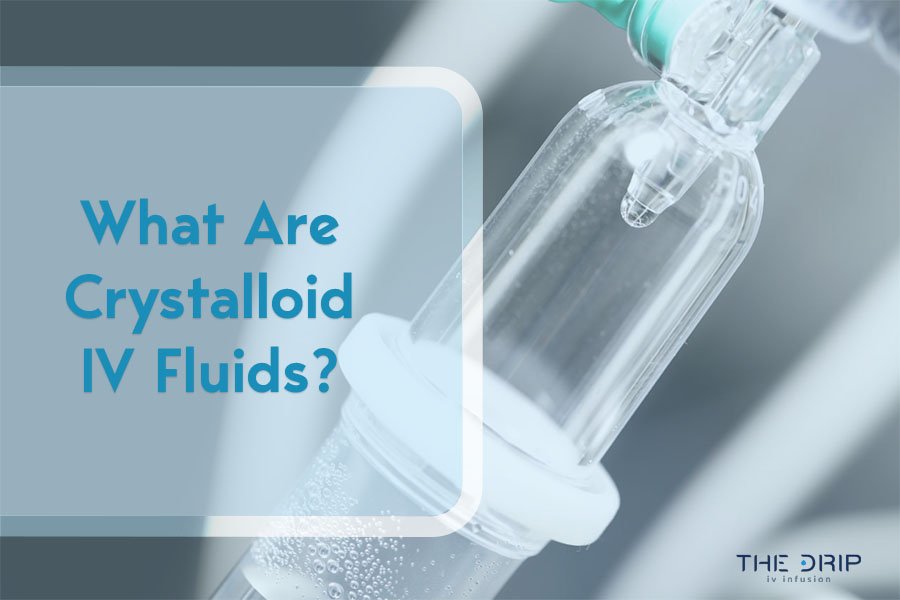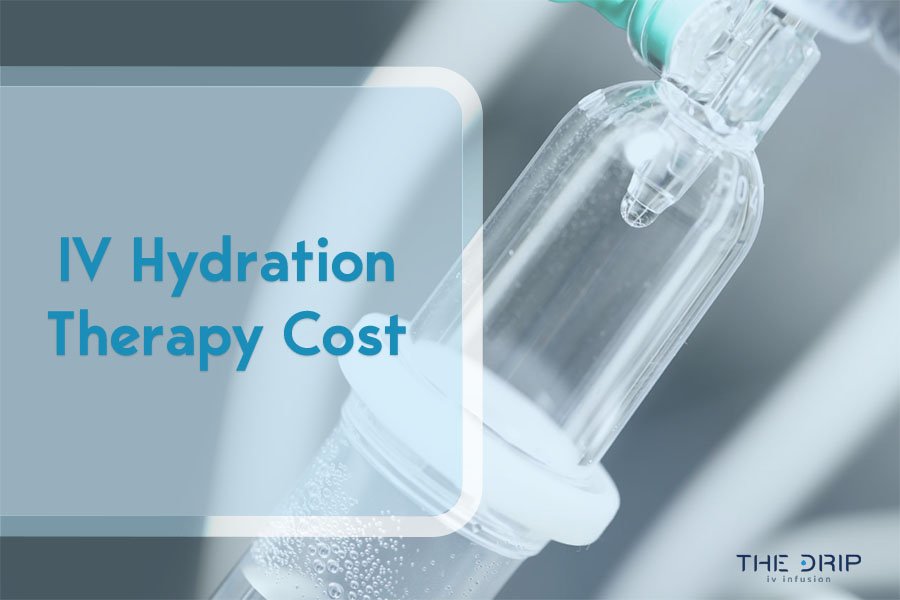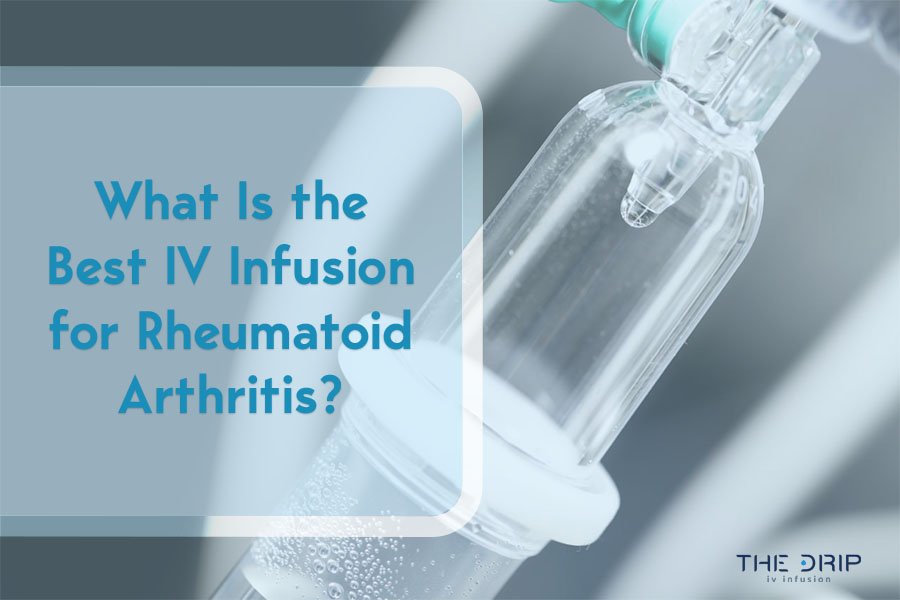Intravenous therapy is one of the most effective ways to get the necessary vitamins in the body, including vitamin B12. This vitamin plays an important role in the body’s metabolic processes and potentially improves well-being. So, how is Vitamin B12 IV therapy performed, and what are the benefits of this procedure?
Stay with us as you will be introduced to the key elements of IV therapy and the benefits of vitamin B12.

Source: shutterstock.com / Photo Contributor: Numstocker
Vitamin B12 IV Therapy Explained
So, how is Vitamin B12 IV therapy performed? After consultation with a medical professional, you may be recommended to receive vitamin B12 IV therapy based on your medical condition. Although you can get this type of therapy in healthcare facilities, now it’s possible to receive B12 IV therapy at home.
Administration and Dosage
Vitamin IV B12 therapy is probably one of the most effective methods compared to others because it is administered directly into the bloodstream. When taking B12 orally, for example, the vitamin must pass through the digestive system, where only a portion of the pill is metabolized. So, how does the whole IV procedure go?
Before starting IV therapy, the nurse should determine the dose you need. The dosage for B12 usually varies and depends on age, health status, weight, etc.
After the amount of B12 to be administered is determined, the nurse will insert a needle into your arm and connect the needle through a tube to an IV drip. Typically, the whole procedure takes about an hour. After it’s over, you can return to your daily activities. A licensed medical personnel monitors the entire process to ensure that everything goes smoothly.
Other ways of administering vitamin B12
In addition to the intravenous method, there are other ways of administering this vitamin, such as B12 oral supplements and B12 injections. The main difference between the three types of administration is the time and rate of absorption of vitamin B12.
With intramuscular administration, for example, vitamin B12 is absorbed over a longer period and can last for a month with a slow release of the vitamin into the bloodstream. On the other hand, if the vitamin is administered directly through the bloodstream, its maximum absorption occurs at the moment. With the oral intake of B12, the vitamin must pass through the digestive system, which takes longer for absorption.
Understanding Vitamin B12
Vitamin B12 is a water-soluble vitamin that has several important functions in the body. This vitamin is important for cell metabolism, red blood cell formation, DNA production, and cell metabolism.
Sources of Vitamin B12
Basically, the human body does not produce B12 naturally, so it must be consumed through food. Therefore, to maintain normal metabolic processes, B12 should be taken in through eggs, meat, fish, dairy products, and poultry.

Source: shutterstock.com / Photo Contributor: Tatjana Baibakova
Impact of Vitamin B12 deficiency on health and well-being
Because vitamin B12 is mostly found in dairy products and meat, B12 deficiency usually occurs in those people who follow a vegan or vegetarian diet. When experiencing vitamin B12 deficiency, you may feel fatigue and weakness, breathing difficulties, and dizziness. Also, you may even have yellowish skin because B12 deficiency causes a reduction in red blood cell production, which may lead to anemia.
However, vitamin B12 deficiency may occur in older people due to the reduced metabolic processes that occur with aging.
In addition to the above-mentioned conditions, the reason for a reduced intake of B12 may be various health conditions that prevent the absorption of the vitamin.
B12 IV Therapy Benefits
Vitamin B12 administered intravenously may provide several additional benefits. In the continuation, we will list the most important advantages that you may get by taking B12:
Help with pregnancy health
Healthier hair, nails, and skin
May contribute to eye health
Better sleep promotion
Help support the immune system
It may fight depression and anxiety
Precautions
As with any therapy, side effects may occur with B12 IV therapy. Such side effects are extremely rare and usually occur if the IV therapy is not administered correctly and the maximum administered dose of the vitamin is not observed. The most common side effects that may occur could be nausea, sense of weakness, and headache.
To avoid such occurrences, IV therapy should be administered by a registered and licensed nurse. Also, before the therapy, you should list the possible allergens to prevent further deterioration of your health.
Conclusion
We hope you got all the information you need about Vitamin B12 IV therapy, its benefits, and precautions. To schedule an IV session for B12 with The Drip IV Hydration, Book Here.




